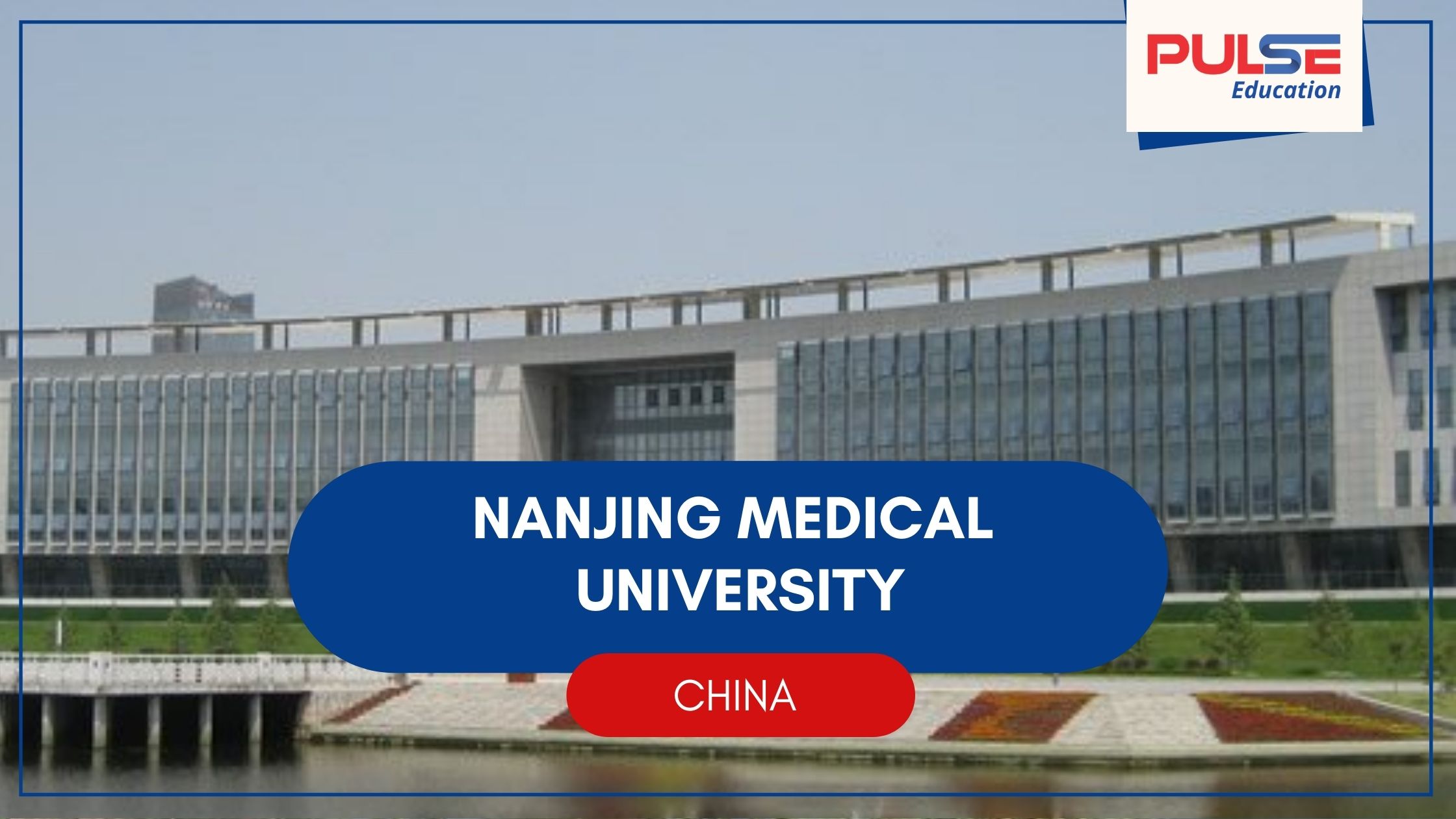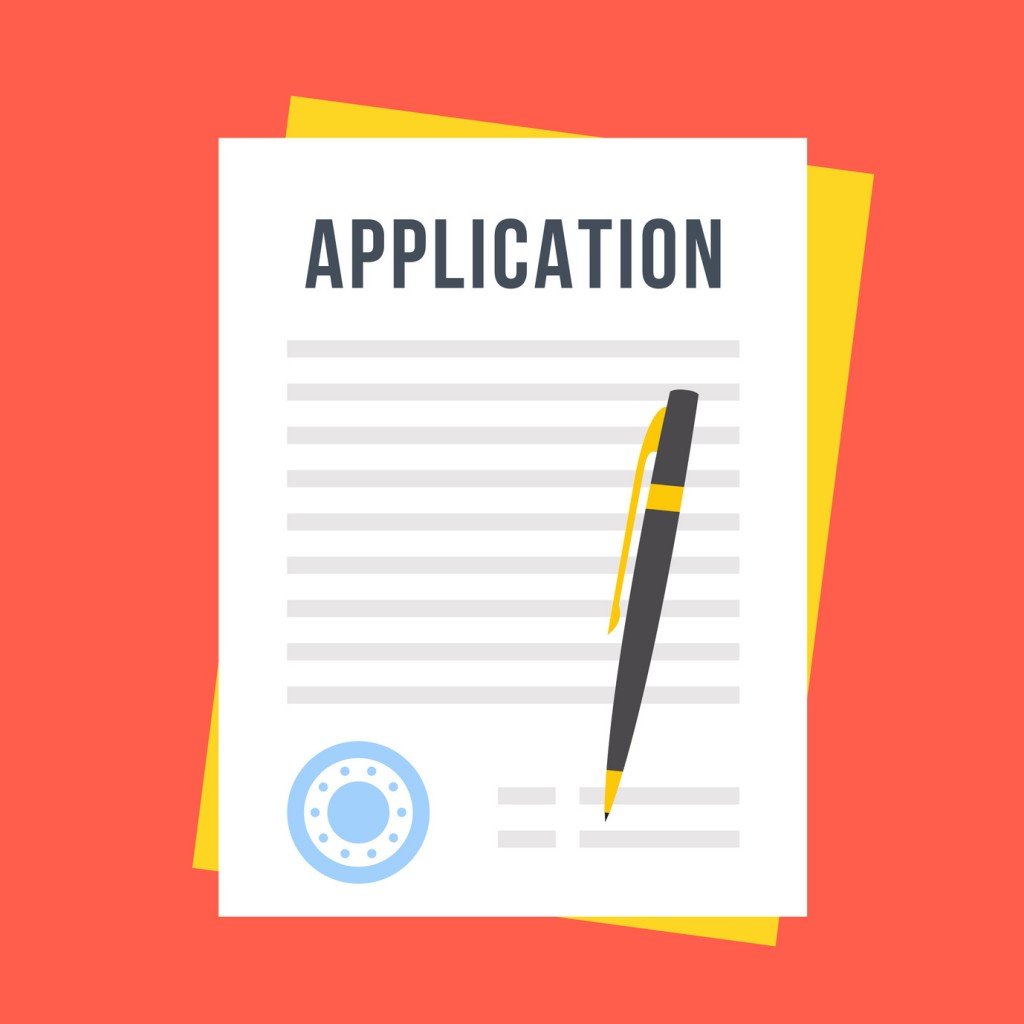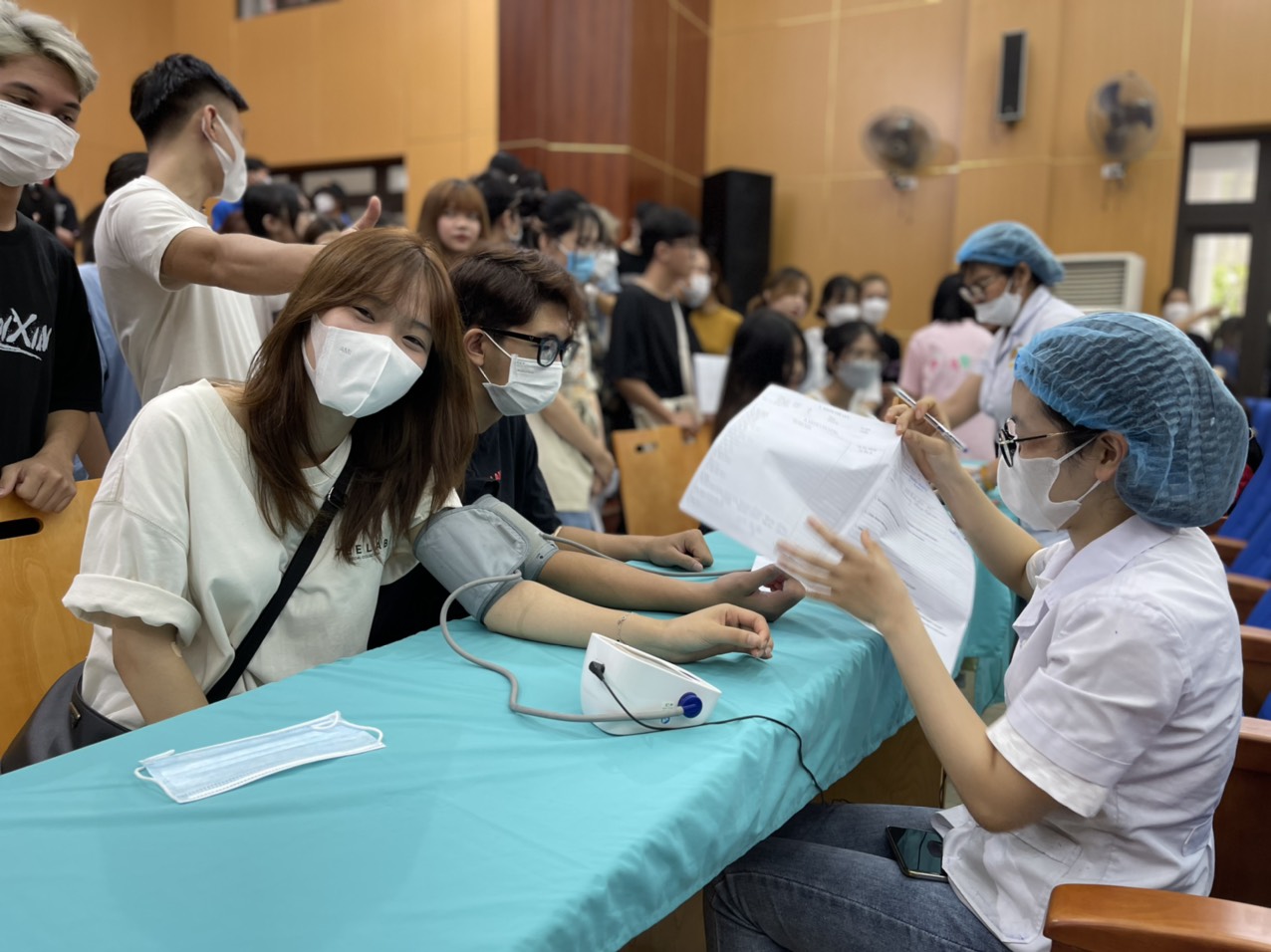To get admission to Nanjing Medical University, you need to meet eligibility criteria, pass entrance exams, complete an application process, and successfully clear an interview.
Table of Contents

Eligibility Criteria
Academic Requirements
To be considered for admission at Nanjing Medical University, you must meet certain academic prerequisites:
- High School Diploma: You need a high school diploma with excellent grades, particularly in science subjects like Biology, Chemistry, and Physics.
- Transcripts: Submit all relevant academic transcripts. These should include grades for each year of high school as well as any post-secondary education, if applicable.
- Letters of Recommendation: Some programs may require one or two academic references. Make sure to submit these from teachers who are familiar with your academic performance and capabilities.
Language Proficiency Requirements
Being proficient in English or Chinese is crucial for your academic journey at Nanjing Medical University. Below are the language requirements:
- IELTS or TOEFL: If you choose to study in English, a minimum IELTS score of 6.0 or a TOEFL score of 80 is usually required.
- HSK Level: For those who wish to study in Chinese, an HSK level 4 or above is typically needed.
- Language Certificates: Submit official certificates to prove your language proficiency. Make sure the certificates are up-to-date.
Age and Nationality Limitations
Nanjing Medical University also has age and nationality restrictions:
- Age Limits: Generally, applicants should be between the ages of 17 and 30 for undergraduate programs.
- Nationality: The university accepts international students but may have a quota for students coming from certain countries.
Application Process
Navigating through the application process can be a daunting task, but knowing the steps and requirements in advance can make the experience less stressful.
How to Start the Application
Initiating your application to Nanjing Medical University involves several key steps:
- Online Application: Visit the official Nanjing Medical University website to create an applicant profile. Complete the online application form with accurate details.
- Choose Program: Decide on the specific program you wish to apply for. Make sure to read about its individual prerequisites and requirements.
- Initial Assessment: After submitting the online form, the university usually conducts an initial assessment to check if your qualifications meet the criteria.
- Application Fee: Pay the non-refundable application fee. The amount and payment methods will be specified on the university’s application portal.
Required Documentation
Submission of proper documents is crucial for your application:
- Academic Transcripts: Make sure to include all your academic records, from high school and any post-secondary institutions.
- Language Proficiency Certificates: Submit the IELTS or TOEFL scores for English-taught programs or HSK scores for Chinese-taught programs.
- Passport Copy: A scanned copy of your passport is generally required for identification purposes.
- Letters of Recommendation: If the program requires it, don’t forget to include letters from academic referees who can vouch for your capabilities.
- Statement of Purpose: Write a compelling essay to explain why you wish to study at Nanjing Medical University and in your chosen program.
- CV or Resume: Some specialized or postgraduate programs may require a CV outlining your academic and professional experiences.
Submission Deadlines
Awareness of the application timeline is key for a successful application:
- Early Application: It’s advantageous to start the application process well in advance. Some programs have early application deadlines with benefits like scholarship opportunities.
- Regular Deadlines: Check the university website for the regular application deadlines for your chosen program. Deadlines can vary depending on the course and academic session.
- Late Applications: Some programs may accept late applications, but this often comes with limitations, such as fewer available slots and lesser chances for scholarships.

Entrance Examinations
Entrance exams are an important part of the admission process at Nanjing Medical University. Understanding the types of exams required, how to prepare for them, and where to take them can significantly improve your chances of success.
Types of Exams Required
| Exam Name | Required For | Subjects Covered | Duration |
|---|---|---|---|
| University Exam | All Programs | General Knowledge | 2 hours |
| IELTS or TOEFL | English-taught Programs | English Proficiency | Varies |
| HSK | Chinese-taught Programs | Chinese Proficiency | Varies |
| Subject Tests | Specialized Programs (e.g. MD, Nursing) | Biology, Chemistry, etc | 2-3 hours |
Preparation Tips
Here are some recommendations to help you prepare for these exams:
- Study Materials: Invest in good study material that covers the topics you’ll be tested on. Online resources and preparatory courses can also be helpful.
- Practice Exams: Take multiple practice exams to get a feel for the types of questions you will face and to improve your time management skills.
- Consult Alumni: Connect with alumni or current students to get insights on the exam format and the kinds of questions that are commonly asked.
- Review Sessions: If available, attend review sessions or tutoring classes that focus on the subjects you’ll be tested on.
Where and When to Take the Exams
Being aware of the locations and dates for the exams can be critical for your planning:
- Test Centers: Most exams like IELTS, TOEFL, and HSK are conducted at accredited test centers. Make sure to book your spot well in advance.
- University Campus: Some specialized exams may be conducted on the university campus itself. Keep an eye on your email and the university website for announcements.
- Online Exams: Due to the increasing use of technology, some exams may be available online. Make sure you have a reliable internet connection and a quiet space to take these.
- Exam Dates: Typically, exams are conducted multiple times a year. However, it’s crucial to align these dates with your application deadlines to ensure your scores are valid during the application process.
Interview Process
The interview process at Nanjing Medical University serves as a vital component for assessing candidates’ suitability for their chosen programs. Below is a comprehensive guide to help you navigate this essential step.
Overview of the Interview Process
The interview usually consists of the following phases:
- Notification: After successfully passing the initial application and exam stages, candidates receive an email notification about the interview schedule.
- Interview Panel: The interview is usually conducted by a panel of faculty members who specialize in the course you have applied for.
- Time Duration: Expect the interview to last for about 30-45 minutes.
- Topics Covered: You’ll be assessed on academic aptitude, personal motivation, communication skills, and understanding of your chosen field.
Sample Questions and Tips
Preparing for the kinds of questions you’ll face can help you feel more at ease during the actual interview. Here are some sample questions and tips:
- Why do you want to study at Nanjing Medical University?
- Tip: Research the university’s unique offerings in your field of interest.
- Describe any relevant experience you have in this field.
- Tip: Prepare a concise yet impactful summary of your academic or practical experience.
- What are your long-term career goals?
- Tip: Ensure that your goals align with what the program offers.
- How do you handle stress or challenges?
- Tip: Provide examples from your past where you successfully managed difficult situations.
Virtual vs. In-person Interviews
Given the global reach of Nanjing Medical University, interviews can happen both virtually and in-person:
- Virtual Interviews: Conducted through video conferencing tools. Ensure you have a quiet and well-lit environment, along with a stable internet connection.
- In-person Interviews: Usually held on campus or sometimes at international locations. Make sure to arrive early, dress professionally, and bring all necessary documents.
Visa Requirements
Gaining admission to Nanjing Medical University is only part of the journey; you’ll also need to secure the appropriate visa to study in China. Below is an extensive guide on what you need to know about the visa requirements.
Type of Visa Required
| Visa Type | Duration | Who Should Apply | Special Notes |
|---|---|---|---|
| X1 Visa | Over 180 days | Long-term students | Requires residence permit |
| X2 Visa | Under 180 days | Short-term students | No residence permit needed |
| F Visa | Short-term | Cultural exchange participants | Limited cases |
Application Process for Visa
To apply for your student visa, follow these steps:
- Get Acceptance Letter: Once you’ve secured admission, the university will send you an acceptance letter and a JW201/JW202 form, which you’ll need for the visa application.
- Visit Consulate: Go to the nearest Chinese consulate or embassy to initiate the visa application process.
- Fill Forms: Complete the visa application form provided by the consulate.
- Visa Fees: Pay the visa application fees. The amount varies depending on your nationality and the type of visa.
- Interview: You may be required to attend an in-person interview at the consulate. Make sure to prepare and bring all required documents.
Required Documentation
You’ll need to provide several documents during the visa application process:
- Passport: A valid passport with at least six months of validity and at least one blank page for the visa.
- Photographs: Recent passport-sized photographs as per the specifications of the Chinese consulate.
- Acceptance Letter: The original and a copy of your acceptance letter from Nanjing Medical University.
- JW201/JW202 Form: The original and a copy of the JW201 or JW202 form provided by the university.
- Proof of Financial Support: Documents that show you have enough funds to cover your tuition and living expenses in China.
- Health Check-Up: Some visas may require a health certificate proving you are free from any contagious diseases.

Student Life at Nanjing Medical University
Life at Nanjing Medical University offers much more than just academic enrichment. The institution also provides a range of activities and support services designed to enhance student well-being, personal development, and cultural understanding.
Extracurricular Activities
Engaging in extracurricular activities can provide a balanced university experience:
- Sports Clubs: From basketball to swimming, the university offers a variety of sports facilities and clubs.
- Art and Music: There are numerous opportunities for creative expression, including painting classes, choir, and musical instrument lessons.
- Student Organizations: Various clubs and societies exist to match a range of interests, such as the medical research club, debate team, and volunteer organizations.
- Networking Events: The university often hosts seminars, workshops, and meet-and-greet events that provide networking opportunities with professionals in your field.
Support Services for International Students
Navigating life in a new country can be challenging, but Nanjing Medical University offers several services to help international students adjust:
- Orientation Program: An introductory program to help new students become acquainted with the campus and its resources.
- Language Support: Mandarin language classes are available for students who wish to improve their Chinese language skills.
- Academic Counselling: Advisors are on hand to provide academic guidance, including course selection and career planning.
- Health Services: Medical facilities and psychological counseling services are accessible on campus.
Cultural Assimilation and Learning
Adjusting to a new culture is an integral part of the international student experience:
- Cultural Workshops: These offer insights into local customs, traditions, and etiquette.
- Local Excursions: Organized trips to local attractions provide a practical understanding of the local culture and history.
- Language Exchange Programs: These programs pair international students with local students to facilitate mutual language and cultural exchange.
- Community Engagement: Opportunities for volunteer work can also help in understanding local communities better.

